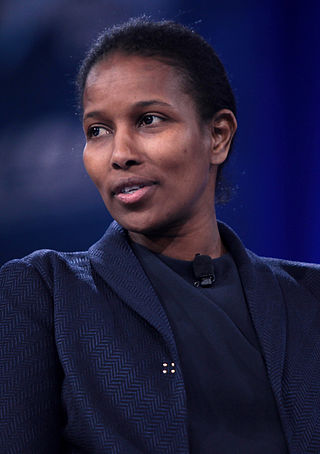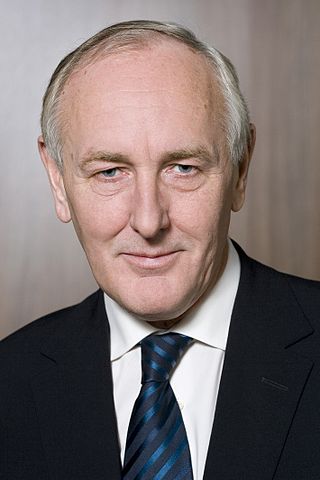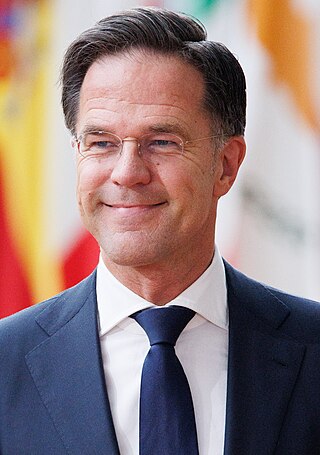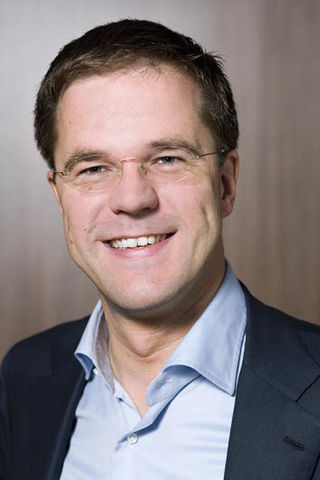Rita Verdonk | |
|---|---|
 Rita Verdonk in 2009 | |
| Leader of Proud of the Netherlands | |
| In office 17 October 2007 –19 November 2011 | |
| Preceded by | Office established |
| Succeeded by | Hero Brinkman |
| Chair of Proud of the Netherlands | |
| In office 17 October 2007 –19 November 2011 | |
| Preceded by | Office established |
| Succeeded by | Theo Reijnen |
| Member of the House of Representatives | |
| In office 30 November 2006 –17 June 2010 | |
| Minister of Justice | |
| In office 21 September 2006 –22 September 2006 Ad interim | |
| Prime Minister | Jan Peter Balkenende |
| Preceded by | Piet Hein Donner |
| Succeeded by | Ernst Hirsch Ballin |
| Minister for Integration,Rehabilitation, Prevention,Youth Justice | |
| In office 14 December 2006 –22 February 2007 | |
| Prime Minister | Jan Peter Balkenende |
| Preceded by | Herself (as Minister for Integration and Asylum Affairs) |
| Succeeded by | Office discontinued |
| Minister for Integration and Asylum Affairs | |
| In office 27 May 2003 –14 December 2006 | |
| Prime Minister | Jan Peter Balkenende |
| Preceded by | Hilbrand Nawijn |
| Succeeded by | Herself (as Minister for Integration,Rehabilitation,Prevention,Youth Justice) |
| Personal details | |
| Born | Maria Cornelia Frederika Verdonk 18 October 1955 Utrecht,Netherlands |
| Political party | Groep de Mos/Hart voor Den Haag (2022–present) |
| Other political affiliations | PPR (1976–1978) PSP (1978–1980) VVD (2002–2007) Proud of the Netherlands (2007–2011) Independent (1980–2002;2007;2011–2022) |
| Spouse | Peter Willems (m. 1980) |
| Children | 2 |
| Alma mater | Radboud University Nijmegen (Bachelor of Criminal Justice, Master of Criminal Justice) |
| Occupation | Politician · Civil servant · Businesswoman · Nonprofit director · Political consultant · Columnist |
Maria Cornelia Frederika "Rita" Verdonk (born 18 October 1955) is a Dutch politician and businesswoman formerly affiliated with the People's Party for Freedom and Democracy (VVD) and later Proud of the Netherlands (TON), which she founded in 2007. Since 2022, she has been a municipal councillor of The Hague, elected on the list led by Richard de Mos.
Contents
- Early life
- Minister for Integration
- Asylum case of Ayaan Hirsi Ali
- Outgoing Minister
- Policy
- Criticism
- 2006 bid for VVD leadership
- Controversies
- Member of the Parliament
- Decorations
- References
- External links
Verdonk attended a Gymnasium in Utrecht from June 1968 until June 1974 and applied at the Radboud University Nijmegen in June 1974 majoring in Law before switching to Criminology and obtaining a Bachelor of Criminal Justice degree in July 1979 before graduating with a Master of Criminal Justice degree in July 1983. Verdonk worked as a civil servant for the Ministry of Justice from September 1983 until October 1996 and as director of the department of State Security of the Domestic Security Service (BVD) from October 1996 until November 1999. Verdonk worked as a management consultant for KPMG and Atos from November 1999 until May 2003.
After the election of 2003 Verdonk was appointed as Minister for Integration and Asylum Affairs in the Cabinet Balkenende II, taking office on 27 May 2003. After the Leader of the People's Party for Freedom and Democracy and Parliamentary leader of the People's Party for Freedom and Democracy in the House of Representatives Jozias van Aartsen announced that he was stepping down as Leader and Parliamentary leader in the House of Representatives following the defeat in the municipal elections of 2006, Verdonk announced her candidacy to succeed him. Verdonk lost the leadership election to incumbent State Secretary for Education, Culture and Science Mark Rutte on 31 May 2006. The Cabinet Balkenende II fell on 30 June 2006 as a result of the Verdonk-Ayaan Hirsi Ali controversy. Verdonk continued to serve in a demissionary capacity until the cabinet was replaced by the caretaker Cabinet Balkenende III with Verdonk continuing as Minister for Integration and Asylum Affairs, taking office on 7 July 2006. Verdonk served as acting Minister of Justice from 21 September 2006 until 22 September 2006 following the resignation of Piet Hein Donner.
Verdonk was elected as a Member of the House of Representatives after the election of 2006, taking office on 30 November 2006. The Cabinet Balkenende III was replaced by the Cabinet Balkenende IV following the cabinet formation of 2007 on 22 February 2007. On 14 September 2007 Verdonk was expelled from the People's Party for Freedom and Democracy parliamentary group in the House of Representatives following months of tensions with Leader and Parliamentary leader Mark Rutte and continued to serve in the House of Representatives as an Independent. On 17 October 2007 she announced the founding of her own political party Proud of the Netherlands (Dutch : Trots op Nederland) (Trots). For the Dutch general election of 2010 Verdonk served as Lijsttrekker (top candidate) but Proud of the Netherlands did not win any seats in the House of Representatives and she continued to serve until the end of the parliamentary term on 17 June 2010.
Verdonk retired from active politics and became active in the private sector and public sector and occupied numerous seats as a corporate director and nonprofit director on several boards of directors and supervisory boards and worked as a political consultant and management consultant. [1]
















